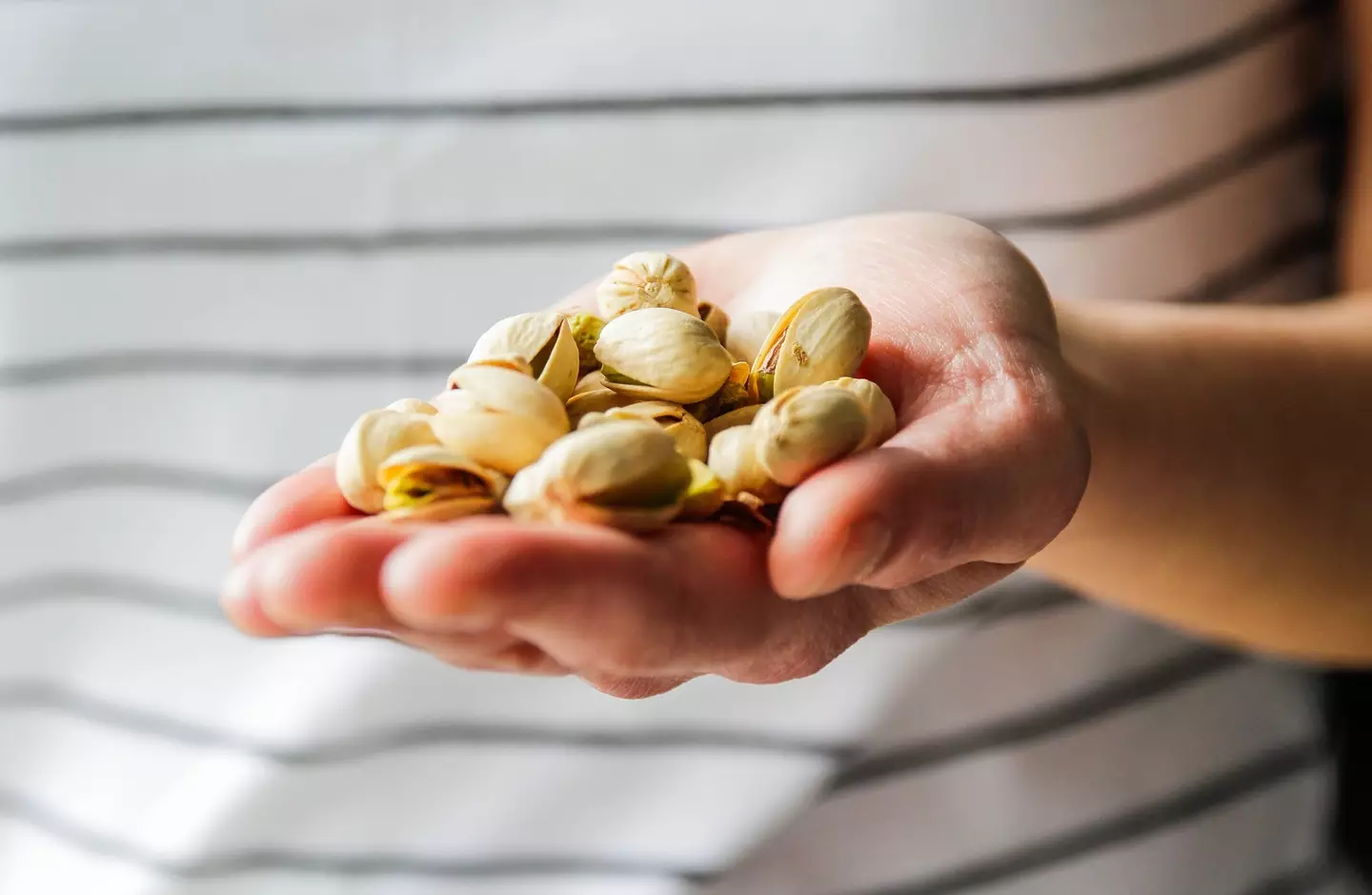
Childhood allergies are a growing phenomenon. In the UK, around 40% of children have a diagnosed allergy, with the most common being eczema, asthma, and hay fever and a food allergy to something like nuts or shellfish.
The rate at which childhood allergies develop has been on the rise over the past few decades, causing plenty of head-scratching amongst researchers.
As to why we develop allergies at all, a popular theory is that it’s the result of our anti-worm defence systems having nothing better to do. Pre-public sanitation, just about everyone will have had a parasitic worm knocking about – wash your hands, kids! – and our bodies have robust defence systems in place to fight them off.

Advert
The theory goes that, without worms to fight, the system sits dormant and then mistakes certain allergens as parasitic threats. Allergic reactions therefore might be the result of our anti-worm immune system pressing the red button by mistake.
At any rate, if that’s the case it sadly doesn’t point to a clear solution. You might say, well, why not just give kids worms so their immune systems can fight them instead? The problem with that is that worms in their various forms are pretty terrible for us in their own right, hence the powerful defence systems that have evolved to fight them.
One potential ‘cure’ for allergies may be a form of exposure therapy. A clinical trial in the UK once found that children who were exposed to peanuts in their early life were less likely to develop peanut allergies when compared with kids who had no exposure to them.
As to why that is, researchers at Memorial Sloan Kettering Cancer Center (MSK) have landed on a potential cause.
Thetis cells, the potential cause in question, are ‘a type of antigen-presenting cell, whose job is to present foreign substances (antigens) to other immune cells’, according to Medical Xpress. “Antigen-presenting cells must educate the immune system.”
These immune cells were first described by researchers at MSK in 2022, so they’re a pretty cutting-edge discovery. Essentially, they play a key role in flagging foodstuffs as ‘safe’, suppressing a potential immune response.

This info comes courtesy of findings published Science on May 15th 2025, which also detailed how the study tested the theory on mice. The study found there’s a window in a person’s early months where the immune system is trained against reacting to food allergens, dubbed ‘oral tolerance’ by the study’s authors.
"This is a great example of how clinical studies can reveal clues to fundamental mechanisms in biology," said physician-scientist Chrysothemis Brown, one of the study’s key authors. "These new understandings can pave the way for new treatment strategies for food allergies, which are desperately needed."
So, how do Thetis cells work?
Essentially, they provide signals to the immune system to attack bacteria and viruses, as well as instructing it to keep its powder dry in the presence of harmless proteins in our food.
Researchers at MSK reckon there’s a ‘developmental wave’ in early life where Thetis cells in the gut are particularly active in identifying safe proteins.
"We previously showed that Thetis cells train the immune system not to attack the helpful bacteria in the digestive system,” said Dr Brown.
“So we wondered whether these cells might also be important for preventing inflammatory responses to food, and whether the increased abundance of the cells during early life would result in increased protection against food allergy.”
This new study has found that Thetis cells figure out not only which bacteria are safe, but are essential to identifying and ‘approving’ potential food allergens such as Ara h proteins in peanuts and ovalbumin in eggs.

"We've shown that there is a window for generating stronger tolerance, which is mediated by Thetis cells," said Dr Brown. "What this suggests is that one might develop new strategies to deliver food antigens directly to Thetis cells to promote tolerance, even though they're rarer outside of this developmental window."
She continued: "Not only does this research underscore the consensus within the allergy community about the benefits of early introduction of allergens, but it also explains why, for example, we don't see a similar tolerance develop when the same antigens are delivered through other routes, like the skin.”
